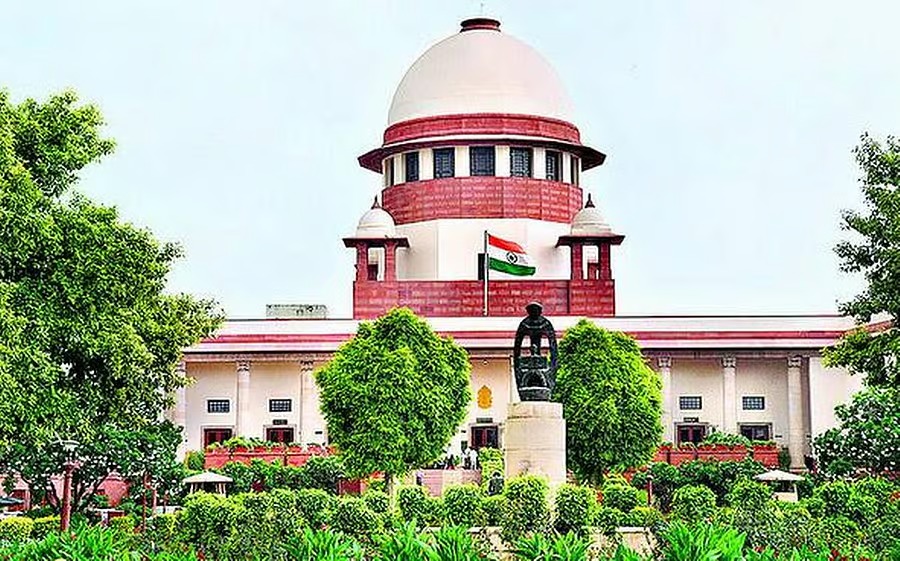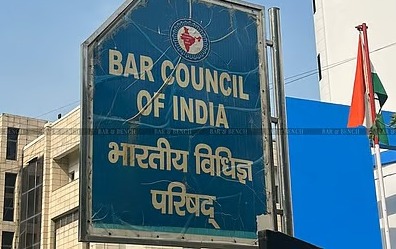@JUDGMENTTAG-ORDER
Hemant Gupta, J.@mdashThis order shall dispose of the aforementioned two writ petitions filed in public interest objecting to the advertisement and the process of financing the application money by the Banks. The petitioner has sought that the Reserve Bank of India be directed to restrain all the Banks from financing money for allotment of plots/flats in CWP No. 22548 of 2010, whereas, in CWP No. 14001 of 2010, the petitioner has sought additional directions i.e. to provide residential accommodation to the citizens at reasonable price; not to propose master plans/urban scheme without first collecting data for actual requirement or necessities for such urban schemes in extension of cities; not to issue conversion of land use from agriculture land into urban colonies without first carrying out external development of the proposed urban area and; not to issue any license to developers or colonizers for development of urban area without getting detailed zoning and outlay plan of the areas. The petitioner in CWP No. 22548 of 2010 claims to be a riot victim and is aggrieved against the advertisement (Annexure P-1), whereby the Banks have proposed to finance the application money required for applying for a plot/flat on payment of the amount of interest. The petitioner alleges that such process of financing the application money is, in fact, a process of gambling inasmuch as the persons, who do not have any capacity to pay even 10% of the proposed costs, are sending applications by paying interest in advance to the Banks on the application money. Therefore, such process is a gambling, as the property dealers submit applications in speculation of allotment of plots/flats.
2. Respondent No. 2 has filed an affidavit, inter alia, stating that the said respondent is committed to provide to the common man affordable housing in the newly developed Aerocity Project and that the process of allotment of plots/flats has been completed within a span of four months in a scrupulously fair manner by holding draw of lots in the public gaze. In order to check, control and regulate effectively the activities of private colonizers and protect the interest of consumers, Punjab Apartment & Property Regulation Act, 1995 has been enacted. In this manner, the allegations leveled by the petitioner were controverted.
3. In the written statement filed on behalf of respondent No. 3, it has been, inter alia, averred that the Reserve Bank of India exercises control over the volume of credit, the rate of interest chargeable on loans and advances and deposits in order to ensure economic stability. It exercises various powers and discharges various statutory functions under Foreign Exchange Management Act, 1999; Banking Regulation Act, 1949 & Reserve Bank of India Act, 1934 etc. under the Banking Regulation Act, 1949. The Bank has issued a master circular on 01.07.2011 in respect of banking finance to the housing sector. Such circular is a statutory direction in terms of Section 21 and 35-A of the Banking Regulation Act, 1949. It is averred that the decision relating to loan sanctioning activities in a Bank is an internal management function and each Bank is authorized to frame suitable policies and that the instructions of the Reserve Bank of India do not come in the way of Banks sanctioning loan as referred to in the petition.
4. We have heard learned counsel for the parties and found that the action of the Banks in financing the amount of the application money on receipt of interest is a commercial transaction for both i.e. for the Bank as well as the applicant desirous of applying for a plot/flat. The applicant gets money for submitting his application and the Bank is assured of interest on the loan amount, which is equivalent to the application money.
5. The petitioner alleges the same to be gambling. We do not find that any gambling activity can be read into such act of financing of amount of application money for allotment of plots/flats. For the Banks, it''s an action to finance short-term loan on payment of interest in advance. It is a commercial decision taken by the Banks, which does not violate any circular of the Reserve Bank of India nor any provision of law directly or indirectly. The colonizer or developer, a State Government''s undertaking in the present case, gets the application money may be through the Banks, but the fact remains that in such process neither the Bank nor the colonizers violate any provision of law. It provides an opportunity to a prospective purchaser to submit an application only on payment of interest in advance. Therefore, by the process of financing, an opportunity is provided to the ultimate consumer to apply for allotment of a plot/flat. Such is, in fact, a facility carved out by the Banks for the benefit of consumers.
6. In CWP No. 14001 of 2010, the petitioner has sought additional directions, as stated above. Though initially in the said writ petition, State of Haryana alone was impleaded as respondent No. 1, but subsequently the State of Punjab also has been impleaded as respondent No. 4. In both the States, the development of land into colony is controlled by different statutory provisions. Such statutory provisions contemplate charging of external and internal development charges. Since the petitioner has claimed directions in the writ petition which pertain to a matter of policy which in both the States stands crystallized by statutory provisions such as in the State of Haryana by Haryana Development and Regulation of Urban Areas Act, 1975 and the Haryana Urban Development Authority Act, 1977, whereas in the State of Punjab by Punjab Apartment & Property Regulation Act, 1995; the Punjab Regional and Town Planning & Development Act, 1995 and the Punjab Apartment Ownership Act, 1995 and the Punjab New Capital (Periphery) apart from various other provisions such as Punjab Scheduled Roads and Controlled Areas Restriction of Unregulated Development Act, 1963. Therefore, we do not find that any direction in the matter of framing of policy can be issued, when there are statutes governing the developments in the States. Consequently, we do not find any illegality in the both the writ petitions, which may warrant interference by this Court in its writ jurisdiction.
Dismissed.

